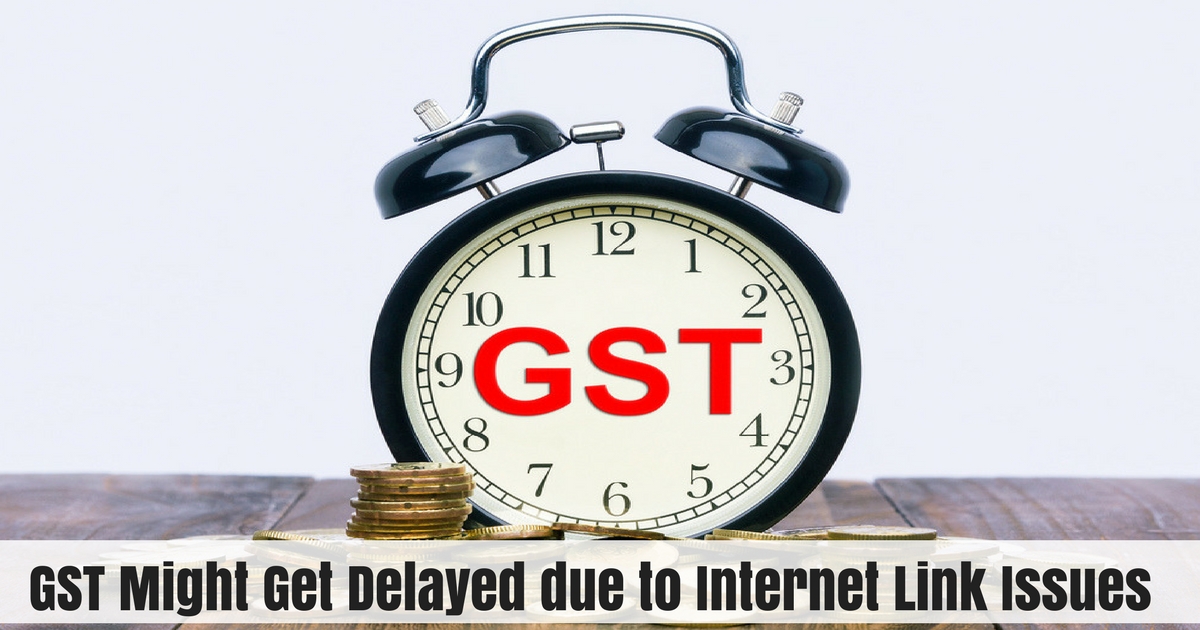GST is an online paradigm of taxation being hyped for its overly and absolute solution in the field of aggregate taxpaying community. The central government is still in the dark for the issues which might consume the objectives of the new taxation regime. As subjected towards the concern, poor and unstable internet connection is turning out be a problematic issue within the authorities and GST expansion plan.
The revenue secretary Hasmukh Adhia has been indulged into the matter and has written a detailed letter to the counterpart telecom ministry Mr. PK Pujari making some of the connectivity issues highlighted and demanding them to be resolved as soon as possible in order to smoothly implement the biggest tax reform considered by the apex authorities of India.
The GST implementation would be requiring a super speedy internet connectivity among all the GST server and the State VAT data center along with District VAT office and State VAT office as all the data processing of return filings will be done through online which also requires all the dealers to upload invoice-wise details online.
A meeting with the State’s Chief Secretary, Commissioner of VAT and IT Secretary of Arunachal Pradesh was organized and Mr. Adhia were among the discussion to look at the “serious constraints in terms of availability of Internet”. The revenue secretary wanted the telecom secretary that a higher Department of Telecom official must be engaged to ensure the smooth connectivity of internet and “supervising the connectivity in North East and have all these complaints removed.”
He included in the letter that, “There are multiple projects going on in North East…However, the progress is poor and there is no coordination among all the agencies doing work.” He was concerned with the progress of Arunachal Pradesh in terms of internet connectivity issue and required a Deputy Director level officer of Department of Telecom in Itanagar to go through the project and make them working possible.
He mentioned that optical fiber is currently accessible to 7 districts out of 20 and stated that, “Railtel seems to have been given a target of laying OFC in Arunachal Pradesh for 192 nodes. The last date of completion is December 2017. But so far, only 26 nodes are connected and it does not appear that they will be able to achieve the target.”
He further stated that “there is a serious shortage of optical fiber cables, leading to delay in completion of work. In addition, the agencies doing work are not following the norms of depth at which the OFC cable should be laid and as a result, there are many instances of cutting OFCs in road repair works. This creates a problem for connectivity.”
“There is also a problem of a lot of time being taken by Border Roads Organisation in giving Right of Use (ROU) permission in case of damaged cables. Therefore, DoT should take up a coordination meeting with BRO to get this expedited.” The statements in the letter are much like aggressive demands and would be concisely termed as an immediate action seeking.









